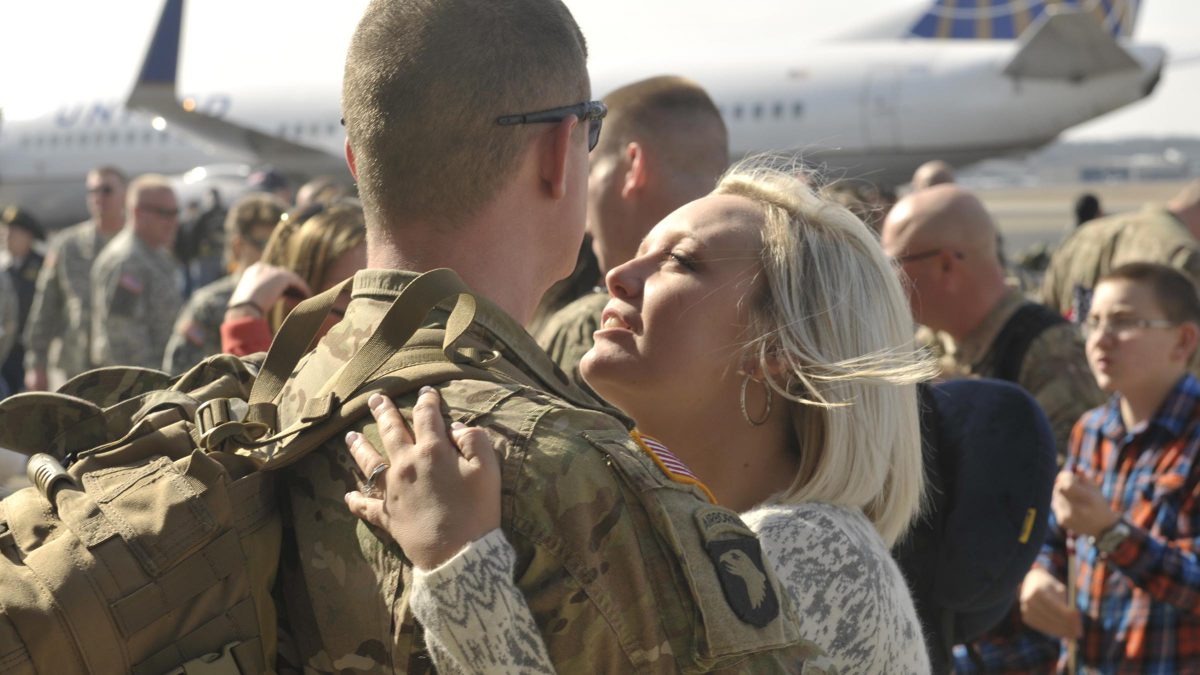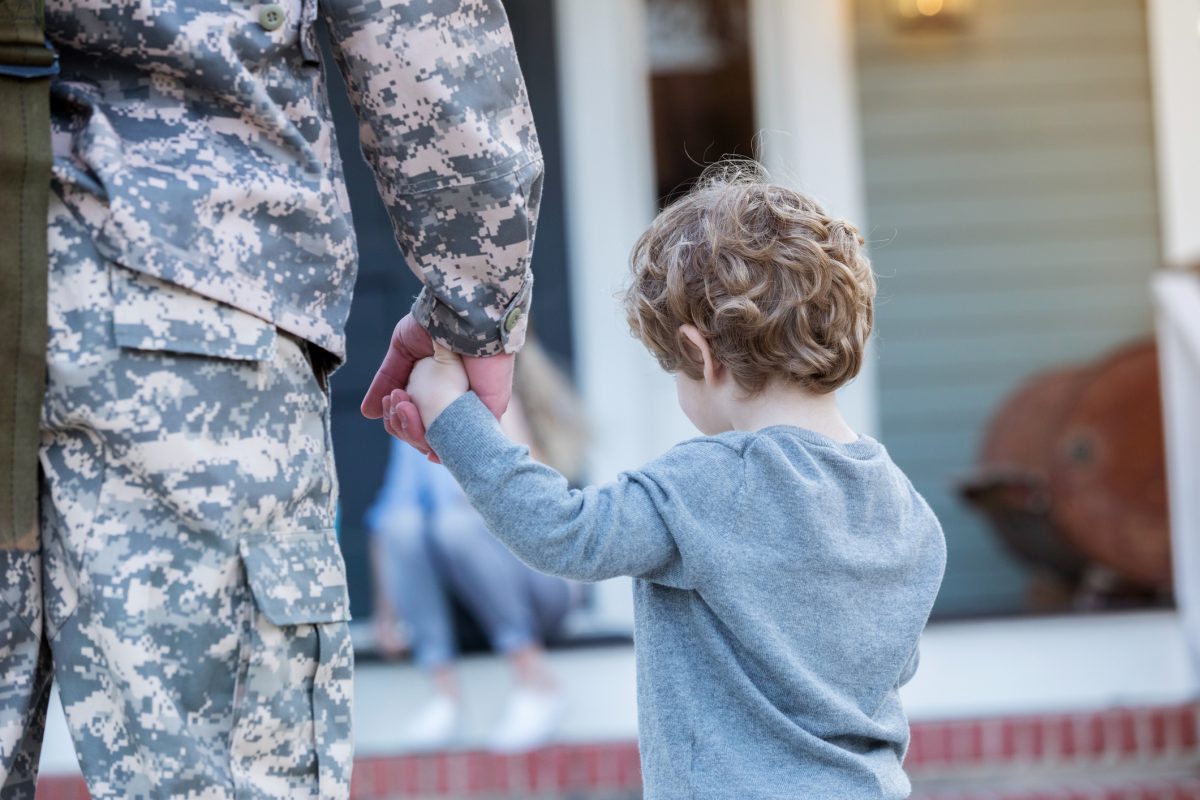Military marriage counseling: what to expect and available resources for military members and their spouses.
It’s no secret that military marriages see higher rates of divorce than civilian marriages. From leaving your support system because of frequent moves to feeling isolated because of deployments to suspected or realized infidelity, one thing is for sure: Being married in the military can be a lonely and sometimes unrelenting journey.
All married couples face conflict and all couples go through low periods in their relationship. However, not all couples have to deal with those challenges while preparing for a last minute move across the country or for a spouse to deploy or be TDY overseas for an extended period of time. Rather than try to deal with problems on your own or give up because it seems like the issues never end, maybe couples counseling is the first step to getting your marriage back on track.
Counselors offer an unbiased, neutral perspective on your marriage and provide solutions and team exercises to work through them. Your best friend back home loves you, but she wants to support you and cannot offer your marriage an unobstructed opinion. Plus, when we try to work out couple’s problems by consulting friends, we typically cast ourselves in the best light by leaving out the bad and the ugly of what was said and done. Your counselor does not know you from Adam and can see the situation as objectively as possible.
If you’re considering couples counseling, it might be helpful to know what to expect:
- Therapy is often short term, though there is nothing wrong with continuing with counseling for several months. The counselor is there to help you and your spouse understand your differences and work through them rationally. If you or your spouse are dealing with mental illness, substance abuse, or other issues, your therapist may suggest getting additional help through your health care provider to more effectively treat the root problem.
- You’ll talk about the good and the bad parts of your relationship and work to understand the sources of your conflict. Keep in mind that it might be hard to talk through your problems at first. For the first few sessions, you and your spouse might not say anything at all or you could argue the entire time. Both are entirely okay; there is no “right” or “wrong” way to utilize counseling.
- You might have couple’s homework. To learn how to better communicate, your therapist may suggest exercises to help you practically apply what you’ve learned during your sessions. For example, you may be asked to be present in your relationship by telling your partner throughout the day how much you appreciate them. This could be as simple as saying “thank you” when your spouse takes the trash out or puts away the dishes.
Military Marriage Resources
Seeking help is just one step away – here are a few resources to help you find the best service for you and your spouse:
Military OneSource offers free, confidential face-to-face counseling. After a screening call with a consultant, you’ll be authorized for up to 12 counseling sessions with a medical provider in your area. This service is available to active-duty, National Guard and reserve members of any activation service, their immediate family members, and survivors. Military OneSource also offers several free webinars for couples looking to build a stronger and healthier marriage.
Seek out help from a Military Family Life Consultant (MFLC) on base at your Family Support and Readiness Center. These licensed counselors can help you with training, resources, and information including deployment support, family life education, and relationship counseling among other services. Anything you tell the MFLC is completely confidential; they take no written records. Find a consultant through one of these centers on base:
Air Force – Airman & Family Readiness Center
Army – Army Community Service
National Guard – Joint Services Support Program
Marine Corps – Marine Corps Community Services
Navy – Fleet and Family Support Center
If you’re interested in more faith-based counseling, give your base chapel a call. All counseling sessions are confidential.
In order to address common military marriage challenges before counseling is needed, the U.S. Army also offers a Strong Bonds retreat for couples, which is a unit-based, chaplain-led program. A Strong Bonds retreat offers a safe and secure environment in which couples can take a better look at the personal impact of relocations, deployments, and military lifestyle stressors.





